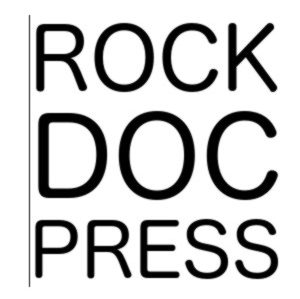Jane Goodall is an incredible woman. A force to be reckoned with. She has a rare tenacity and a fierce sense of personal responsibility for her impact on the planet. In her own words:
“What you do makes a difference, and you have to decide what kind of difference you want to make.”
This year, Think Inc. delivered an Australia wide tour in collaboration with the Jane Goodall Institute; a ‘fire side’ chat with the woman herself, fronted up by a casual talk from Jane. I attended the Melbourne event at the Plenary on June 16th, where Jane Goodall told of her childhood fascinations with animals, the unfolding of her dream to work with animals in Africa, and spoke on her now-long history of global activism.
This is a woman who worked crappy secretarial and hospitality jobs to scrape together enough pennies for the boat ride from England, around the Cape of Africa, on to Nairobi. A woman who essentially pioneered the field of animal behavioural science, in spite of being badly ridiculed by much of the scientific community. And a passionate activist that admits she has not been in the same place for more than two or three consecutive weeks for some 30 years.
Jane Goodall’s personal story brings together true anthropological discovery that continues to unfold to this day (see Part 3: First Humans) (although it had more of a wild west-type twang through the course of the C20th – see Part 2: The Leakey Legacy) with pressing modern day issues: environmental degradation, overconsumption and human desperation in the developing world.
In writing this three-piece blog series I came to realise that, in truth, there is little I can say to elucidate Jane Goodall’s work, insight and ferocity that she does not immediately demonstrate herself. Just watch her.
To end on a moral note as Goodall did herself, the crux of Jane’s fear for the world seems to be this; in spite of the undeniable evidence for human-induced climate change, in spite of the devastating degradation of natural habitats carried out by our species, so many of us continue to do nothing. And as she emphasises, our time to make a difference is already on the clock.
“The greatest danger to our future is apathy,” she says.
Since attending Jane’s Think Inc. talk, I have started to realise how often the children and teenagers I meet through my education and science communication work have already adopted, at their fledgling age, a wholly hopeless outlook on the future of our planet.
I, myself, am wholeheartedly committed to realism but, as Jane clearly indicates herself, we need, absolutely, to remain optimistic. In fact, our future depends on it.
“You would be amazed at what inspired children can do.” – Goodall
Information on the Roots & Shoots program referred to at the end of this video can be found here, with some 23 schools participating in Victoria alone at the time of writing.


Out of curiosity: did Jane mention anything about the ‘bigfoot’ hypothesis? In the past, she has stated that she was sure that there is (or was until recently) a primate living in North America which is very closely related to Homo sapiens. I wonder if her stance on this has changed in recent years… this might be a case of being a little too optimistic.
LikeLike
Unfortunately, she did not. I was equally busting for someone to raise this question with her!! Alas, people kept the conversation pretty straight forward.
Having heard her speak at length though, it would not surprise me greatly if she still held this belief. She displays a fascinating mix of scientific thinking, spiritual belief, rationality and ‘hippy-dippiness’. It is imaginable to me that her rather open-minded combination of thought systems might culminate in an optimistic outlook on the existence of the Sasquatch.
And heck, I love the idea!
LikeLike
A solid tribute to an incredible person! I agree – we need to remain optimistic, if for no other reason: there is no workable alternative… what good can we possibly hope to achieve by being apathetic about any challenge, large or small?
LikeLike